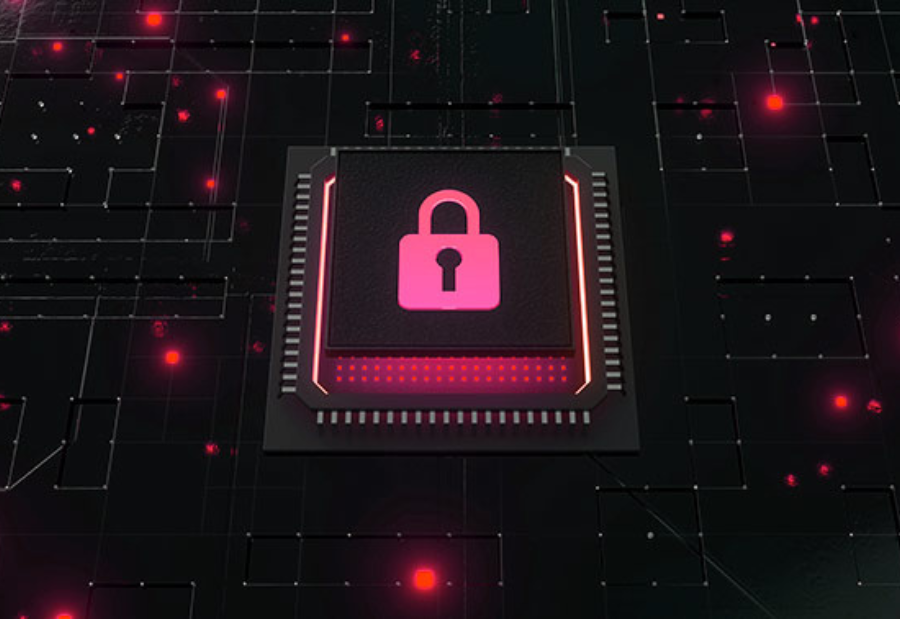Fraudsters continue to outstrip security safeguards by using polymorphic malware, a developing infection that changes its code to avoid detection, even after Karnataka appointed 16 cyber technicians to tackle cybercrime. Just 1,248 of the 20,092 cybercrime cases that were resolved in 2024 resulted in victims losing close to Rs 2,900 crore.
Polymorphic malware is more difficult for antivirus software to identify than typical malware since it is continually altering its shape. Because the malware encrypts itself, alters its code, and inserts false data to evade detection and steal confidential data, security systems that depend on identifying set patterns find it difficult to combat this new threat.
Polymorphic Malware: A Growing Cyber Threat Experts refer to this virus as a “digital chameleon” that propagates via malicious website links, phishing emails, and phony downloads. Keylogging tools are activated once inside a system in order to acquire personal information, banking credentials, and passwords. In order to get login credentials, some variations even send victims to phony financial websites. Additionally, the virus propagates throughout networks, changing its structure each time to make cleanup all but impossible.
Challenges in Cybercrime Detection
The first state to set up a cybercrime police station, Karnataka, intends to equip its Forensic Science Laboratory (FSL) with cutting-edge equipment to combat changing threats. Since 2019, the state has provided cybercrime investigation training to 3,799 officials, 984 police officers, and 176 judicial officers. Outdated security tools, however, continue to be a significant problem. At the moment, the state depends on cybersecurity systems that are signature-based, which function similarly to police databases and are limited to identifying known risks. However, these systems are rendered useless by polymorphic malware, which continuously rewrites itself.
In order to evade discovery, cybercriminals commonly alter their IP addresses, email addresses, and digital footprints, according to a top Cybercrime, Economic Offenses, and Narcotics (CEN) officer. The majority of thieves adapt rapidly, making investigations challenging, however some make mistakes, such misusing credentials.
Urgent Need for Advanced Security Measures
Security professionals stress that improved forensic tools, AI-driven security systems, and real-time monitoring are necessary to counter cyber attacks. Karnataka’s proposed cybersecurity improvements are intended to bolster digital defenses, but experts caution that as technology advances, so do thieves’ strategies.
To lower cyber dangers, authorities advise people to be on the lookout for phishing schemes, refrain from downloading unfamiliar files, and double-check bank transactions.
Also read: Viksit Workforce for a Viksit Bharat
Do Follow: The Mainstream formerly known as CIO News LinkedIn Account | The Mainstream formerly known as CIO News Facebook | The Mainstream formerly known as CIO News Youtube | The Mainstream formerly known as CIO News Twitter
About us:
The Mainstream formerly known as CIO News is a premier platform dedicated to delivering latest news, updates, and insights from the tech industry. With its strong foundation of intellectual property and thought leadership, the platform is well-positioned to stay ahead of the curve and lead conversations about how technology shapes our world. From its early days as CIO News to its rebranding as The Mainstream on November 28, 2024, it has been expanding its global reach, targeting key markets in the Middle East & Africa, ASEAN, the USA, and the UK. The Mainstream is a vision to put technology at the center of every conversation, inspiring professionals and organizations to embrace the future of tech.




